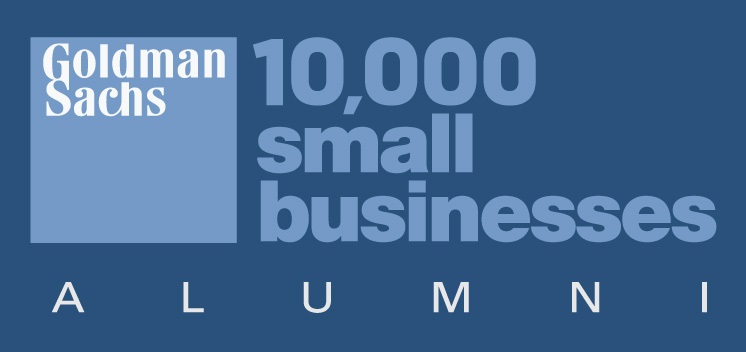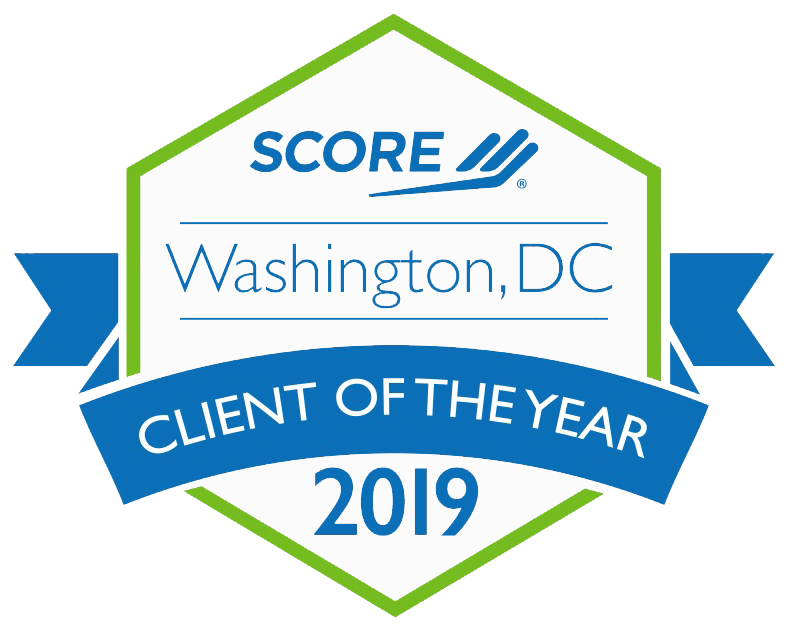As a grant consultant, we hear this question all the time: Are small grants worth applying for? While every organization has different budgets and priorities, the answer is often yes. There are a variety of benefits nonprofits can gain from pursuing smaller grants, however it’s important to know when (and when not) to pursue them.

What are the benefits of pursuing small grants?
- You’ll build a solid funding base. A small grant is a great way to get your foot in the door with funders. Building those strong relationships could lead to larger gifts down the road, and help build connections with other funders.
- You’ll expand and diversify your base. Having a larger pool of funders can lead to increased visibility for nonprofits. Sometimes funders give small, targeted grants to multiple organizations working on the same problem. Being a part of a tight knit group like this can help your organization attract new partners, find new funding opportunities, and elevate PR efforts.
- Applications are typically less complex. If your organization is limited on time and resources, smaller grants could be a smart move. Larger grants often take weeks if not months of planning, and require a larger team to coordinate the complex set of tasks. Smaller grants (usually) don’t require as much detail and manpower are able to be completed more quickly and efficiently than larger projects.
- You’re setting realistic goals. We often dive into large grants because the money is alluring. However, large grants should only be pursued if the purpose truly aligns with your organization’s mission. After all, you don’t want to waste a ton of money applying for a grant with slim chances of winning! The great thing about smaller grants is that they often have a more narrow focus, allowing you to tailor your budget accordingly. In addition, smaller grants mean less competition. Especially if your nonprofit is just getting started applying for grants, you’ll want to start small knowing your chances of winning are greater. Get a few small ones under your belt, and work your way up as you grow.
When are small grants not worth my organization’s time and money?
- When there’s a (very) quick turnaround. No grant, big or small, should be done last minute. While we encourage smaller grants as a way to save time and energy overall, completing a small grant as a last ditch effort is not worth it. Small time frames leave more room for error.
- The amount isn’t enough to add overall value. While it’s true that every little bit helps, it’s important to remember that grants are just one aspect of your nonprofits fundraising efforts. If you’re finding more success in other areas, and the small grants aren’t going to make much of a dent, you might want to consider saving your time and energy.
- The time is not worth the potential reward. Regardless if a grant is big or small, writing a proposal takes time. So ask yourself: Is the potential return on investment worth the required effort? In addition, consider how this will impact your team. Is your organization having to shift its program to fit the priorities stated by the funder? Asking these questions ahead of time will help you streamline your processes and prioritize your efforts.
What is your organization’s experience with applying for small grants? Have they helped or hurt? Let us know in the comments below! If you need help navigating the grant world, RBW Strategy has your back. We provide a variety of consulting services in grant writing, prospect research, and more. Visit our services page for more information and don’t hesitate to contact us today!





